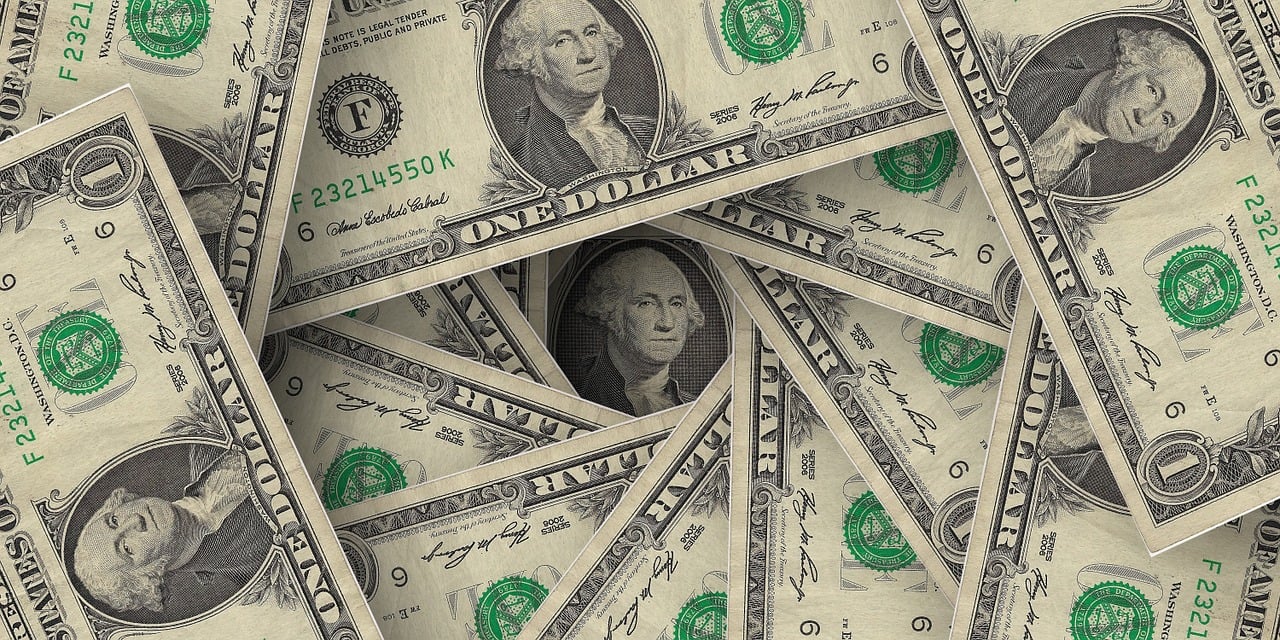
On the 12th of August, President Trump announced that starting from the 1st of August, a 30% tariff would be imposed on goods imported from the European Union. On the 13th, European Commission President von der Leyen stated that the EU would extend the suspension period of countermeasures against U.S. tariffs until early August.
Von der Leyen mentioned that the United States had sent a letter to the EU indicating that the proposed measures would take effect unless a solution was reached through negotiations. Therefore, the EU extended the deadline for the suspension of countermeasures against U.S. tariffs until early August, while continuing to prepare for retaliatory measures.
However, von der Leyen's statement sparked questioning within the EU. On the 13th, Lang, Chairman of the International Trade Committee of the European Parliament, reposted the news on social media about the EU extending the deadline for countermeasures against U.S. tariffs until early August, expressing doubts whether further concessions were the right approach. He suggested that negotiating and taking balanced retaliatory measures were not contradictory. Lang also mentioned that the EU should start implementing the first round of retaliatory measures against the U.S.
Concerns are rising in several European countries about the "lose-lose" situation resulting from U.S. tariff policies. German Chancellor Merkel stated on the 13th that the 30% tariffs coming into effect on the 1st of August would overshadow everything and negatively impact Germany's export industry. She expressed hope for a solution to be reached before the 1st of August.
Italian Prime Minister Meloni issued a statement on the 13th, mentioning that trade wars within the Western world would weaken everyone in the face of global challenges.
Belgian Deputy Prime Minister and Minister of Foreign Affairs Prevo posted on social media, stating that escalating tariffs would only lead to a "lose-lose" situation and that the U.S.'s trade attacks on its European allies were unreasonable.
Von der Leyen stated on the 13th that the EU's preference has always been to reach a solution with the U.S. through negotiations on tariff issues, a stance that has not changed. The EU will continue to advance negotiations with the U.S. before the August 1 deadline while being prepared for all possible scenarios, including taking retaliatory measures when necessary. Some European citizens believe that the EU should abandon its illusions and take a more assertive stance.
Citizen Praise: "I believe the EU needs to take a stronger stance. Compromising with the U.S., they will say it's good, making the EU's situation a bit better, and then the U.S. will immediately repeat the same tactics. As soon as you say something 'wrong' or do something they don't like, they will change their mind again. So, I think countries need to understand that compromising with the U.S. is not viable; you need to be equally strong and retaliate."
Citizen Tai: "I think that since the Trump administration came into power, U.S.-EU relations have become tense. The U.S. advocates 'America First' and believes that the U.S. is above the world, further deteriorating the relationship between Europe and the U.S."
Reporter Zhu Xili: "Behind this tariff storm between Europe and the U.S. lies more than just tariffs. On the surface, Trump launched tariff attacks under the guise of 'eliminating trade deficits,' but the underlying logic may be to exert pressure on Europe in various fields such as energy, defense, digital technology, etc., in exchange for more advantageous strategic negotiation chips. August 1st may not only mark the implementation of tariffs but could also be a turning point towards further confrontation in EU-U.S. relations."
French industry insiders: Need to explore other markets to address U.S. tariff policies
Representatives of the French dairy industry stated that U.S. tariff policies would severely impact the French dairy industry, particularly the cheese sector. To safeguard the French dairy industry, especially the farmers, from the impact, they need to find new export markets.
President of the French National Dairy Industry Association, Yuar: "The U.S. is a very important market for us, and we export dairy products to the U.S. worth about 350 million euros annually. Cheese accounts for a large portion, with 25 tons of cheese exported to the U.S. every year. So, this news is shocking; although we somewhat anticipated it, we noticed that the tariff adjustment is quite substantial, and the 30% figure is truly shocking. This sends a very bad signal from the U.S. to its European trading partners."
Yuar stated that to protect the interests of the French agricultural sector and farmers, the French dairy industry needs to actively explore other markets to address U.S. tariff policies.
